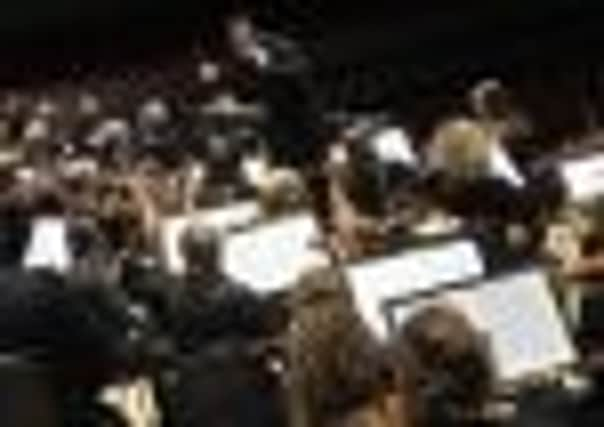Review: City of Birmingham Symphony Orchestra, Usher Hall


* * * *
Andris Nelsons, the present conductor, was appointed in 2008. Born in Riga, his international standing may be judged by the distinction of having made his debut two years ago at the Bayreuth Festival in a new production of Lohengrin.
Violinist Baiba Skride — another Latvian — was soloist in Sofia Gubaidulina’s concerto, entitled Offertorium. That name derives from a number of sources. Gubaidulina belongs to the Russian-Orthodox church, and so there is a religious connection. Her composition was intended as an offering to dedicatee, Gidon Kremer, who first performed it in 1981. Another link lies in the composer’s use of the central theme of Bach’s Musical Offering — which, according to tradition, was composed by Frederick the Great.
Advertisement
Hide AdAdvertisement
Hide AdLike many of her contemporaries, Gubaidulina delights in concocting a wide variety of contrasting sounds. Ravel once referred to “orchestral effects without music”, and the concerto falls down now and then because of that sort of approach. Skride has formidable technical control, and so on her Stradivarius she was well able to cope with the work’s complexities.
Sibelius’s second symphony took up the second part of the evening’s performance. The programme note develops a not altogether unconvincing notion that, in its first three movements, it invites comparison with Mendelssohn’s fourth symphony — both having been inspired by Italy. Be that as it may, and rightly or wrongly, we continue to think Sibelius’s music as primarily Finnish in character. Nelsons drew some fine playing from his string section and there were outstanding solos from woodwind and brass.
It was unfortunate that, although attendance is up by eight per cent at the Usher Hall on last year’s figures, the venue was half empty.